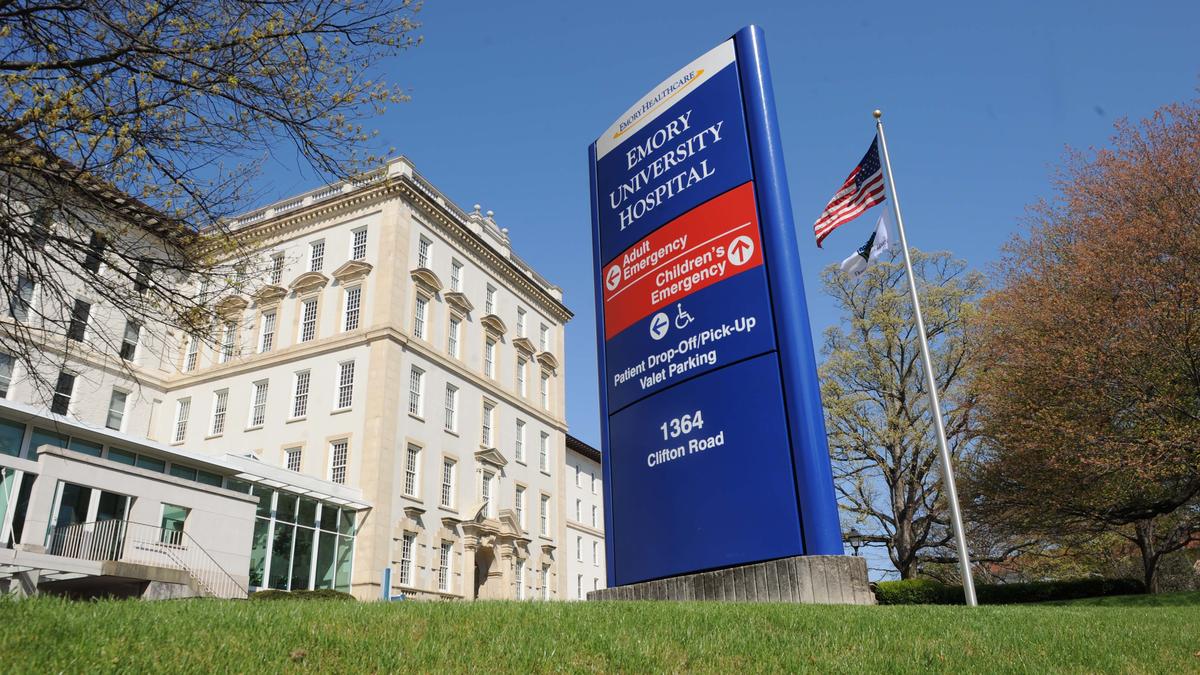
WellStar announced on Tuesday that they have decided not to join Emory Healthcare. This came just two months after Emory Healthcare and WellStar Health System announced plans to merge and create one of the largest health care systems in the Southeast.
Emory learned of WellStar’s decision on Tuesday morning just before WellStar released its statement informing the public of their decision not to participate in the merger, according to University President James W. Wagner.
“It was a decision that, just the prior week, we were not expecting,” Wagner said, emphasizing his surprise upon receiving the news.
Wagner noted that people he and his colleagues at Emory were mostly surprised because WellStar had cancelled the merger before even entering into the design phase.
Both entities had come to a place where “we were going to commit afresh to the design phase,” Wagner said.
As a part of this phase, WellStar and Emory would have negotiated operational issues and planned to launch the united system in about a year, according to Wagner. However, there was no guarantee that the design phase wouldn't have complications, Wagner said.
As for why WellStar decided to pull out, Wagner said that he doesn’t know the company's reasoning but that he “imagine(s) it might have been in anticipation of concerns down the road."
According to Andy Miller, CEO and editor of the online publication Georgia Health News, a huge issue for the merger was determining “who would be the top dog,” he said in an interview with Atlanta radio station WABE.
“Emory and WellStar both wanted the upper hand,” Miller said.
However, according to Wagner, this wasn’t necessarily the case. Emory and WellStar had worked hard to imagine the governance structure of the new conglomerate, he said.
“We recognized it was hard work but it wasn’t contentious,” Wagner said of the governance structure planning.
Miller also recognized the differences in the two institutions — Emory as an academic institution and WellStar as a community-based health system — as a source of difficulty.
Wagner said he’s not sure if this difference was one of the reasons WellStar decided to discontinue their plans with Emory, but that Emory always believed these differences would create “a wonderful blend of terrific community healthcare and academics.”
Despite the failure to merge with Emory, WellStar indicated that it plans to “accelerate” opportunities to merge with other potential partners, according to the June 9 press release. WellStar did not indicate their reasons for pulling out of the merger and declined for further comment.
Wagner confirmed that Emory Healthcare is still open to merging with another entity, adding that mergers has become a trend in healthcare nationwide. Still, Emory doesn’t have any potential partners lined up, Wagner said.
Beth Stephens, the director of the Health Access Program at Georgia Watch, an Atlanta-based consumer advocacy group with a focus on hospitals, said that when the merger was first announced she feared price increases without an equal increase in care.
In an interview with the Wheel, Stephens said that, although she didn’t have a particular position on the merger, she wished the process had been more transparent.
Stephens said that both the motivations behind the merger and the reasons for not continuing with the planned merger are unclear.
Stephens added that it would have been nice to hear some guarantees from the health care giants throughout the process. She pointed out that Georgia Watch submitted public comments to both entities and heard back from neither.
According to Stephens, we are likely to see other mergers happen in the health care market due to the industry's changing climate and its high rate of mergers nationwide.
“It will be interesting to see what happens when the next merger is proposed,” Stephens said.
Read More
Trending







